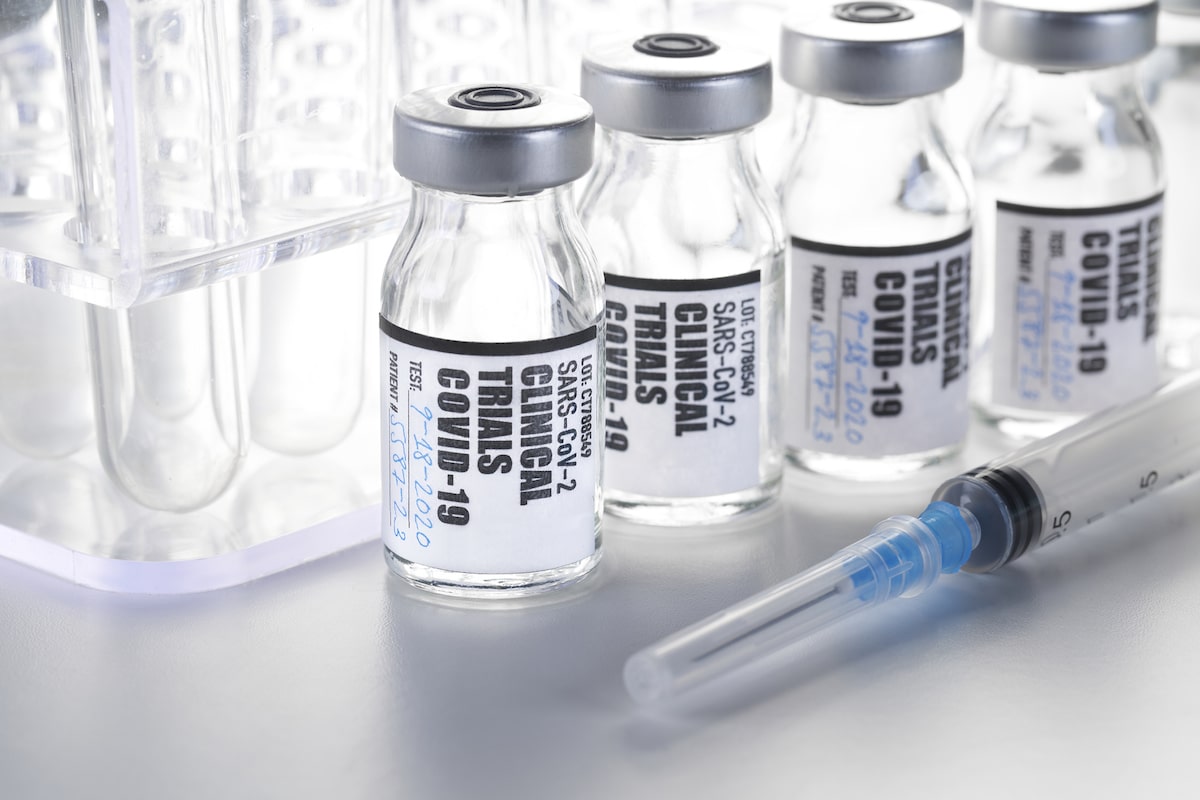<< Back
Why This Director of Pharmacy Would Get the COVID-19 Vaccine

December 10, 2020
Eric Arlia will roll up his sleeve for the COVID-19 vaccine as soon as it’s made available to him.
He’s read the scientific reports and research, he’s heard the public’s fear that it was developed too quickly, but Arlia, Hartford HealthCare’s system director of pharmacy, said he believes the vaccine is safe and the best way to pull the nation out of a deadly pandemic.
“The process for evaluating the new vaccine, from what I reviewed, does seem safe,” he said. “Development of this vaccine – a new type called a messenger RNA vaccine – can be manufactured much more quickly than traditional vaccines.”
American manufacturers received genetic sequencing information on the virus from Chinese scientists and began designing the vaccine before the pandemic even took hold in this country, he explained. This, coupled with use of new technology, helped speed up the development process.
Other existing safety protocols – including monitoring study participants for two months after they received the vaccine – were followed.
“The technology took many of the slower steps out of process and others were accelerated as much as possible because of the urgency,” Arlia said.
At Hartford HealthCare (HHC), he is part of the team coordinating a massive inoculation plan launching as soon as the Pfizer, and then Moderna, vaccines receive emergency use authorization from the federal government. In Phase 1A, the priority will be to vaccinate staff involved in direct patient care and people living and working in area nursing homes. HHC will focus on front-line staff.
Vaccination isn’t mandatory, but he said he hopes people will step up for. The goal is for interested HHC colleagues to be vaccinated within seven weeks.
Like seasonal flu shots, the system will offer clinics but people must make appointments to keep lines manageable and prioritize the most vulnerable. A tracking system will follow up with those vaccinated to schedule the second dose 21 (Pfizer) or 28 (Moderna) days later.
“(The system) will also check in with people to see if they’ve had any adverse effects,” Arlia said, noting that people can expect side effects similar to the flu vaccine, such as redness at injection site, low-grade fever and aches.
Unlike flu shots, however, Arlia said the COVID-19 vaccine is about 95 percent effective against the virus.
“It’s amazing. To put it in context, if flu vaccine, which changes from year to year based on the strain, is 60 percent effective, it’s considered very effective,” he said. “This is sort of off the chart . . . and uncommon.”
He also expressed awe at the vaccine development process itself.
“The fact that science has come up with what we believe is a very effective vaccine in less than a year is remarkable. To get to the most vulnerable patients and the most at-risk caregivers first and build on that to other groups and the general public is exciting,” Arlia said. “It’s an honor to be a part of it and I’m excited to do our part to get us over the pandemic.”